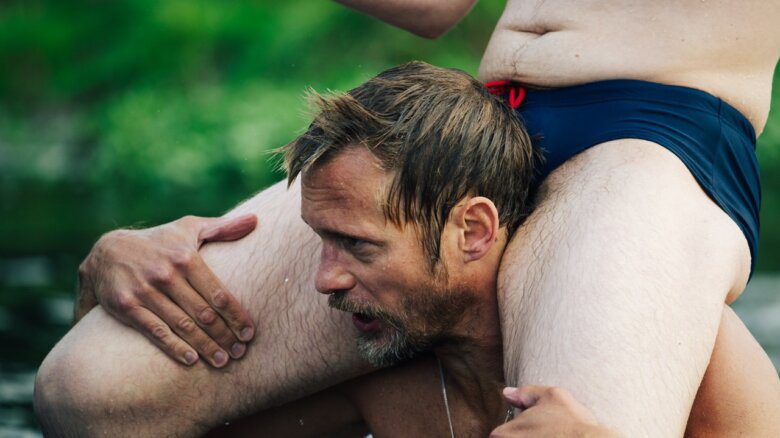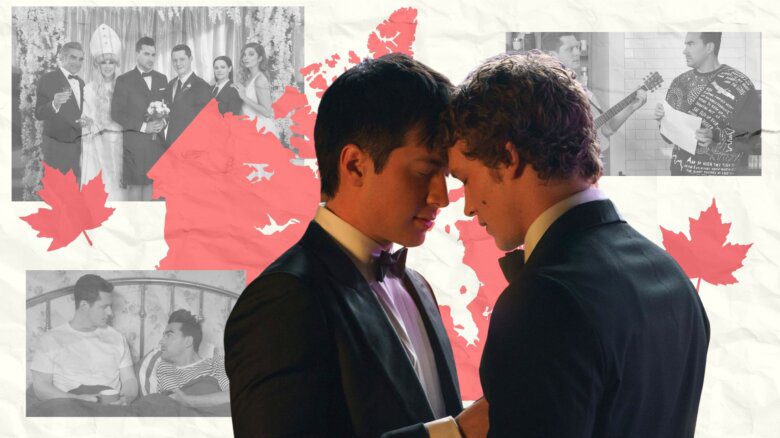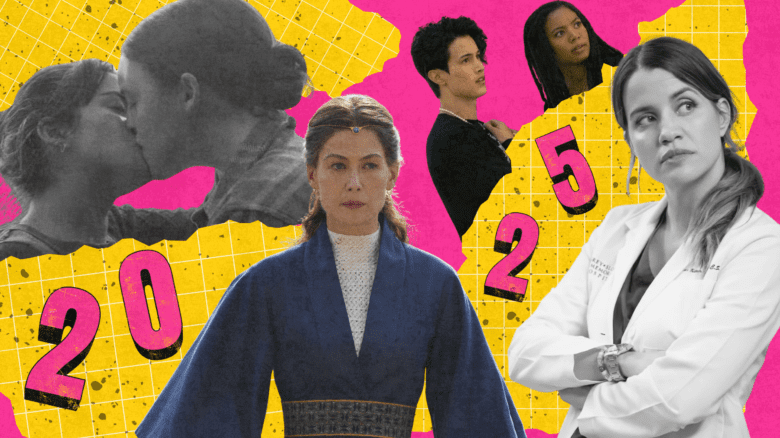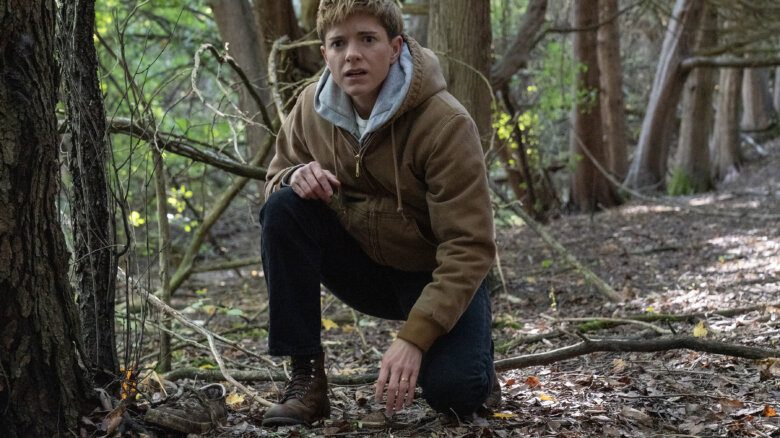Season three of The Traitors has been an absolute feast for pop-culture-obsessed queers. From host Alan Cumming’s stunning wardrobe to the plethora of queer celebs and icons on the cast, Traitors is decidedly For The Gays. But in a cast full of fabulous girls, gays and theys, it’s the queer women who have really made the show appointment TV this season.
While the straight cast members have fumbled about the Scottish castle and the damp countryside surrounding it, it’s the Sapphically inclined members of the cast who have served looks, quips and storylines. It’s refreshing to see these women become the talk of the season because while queer women have been staples on reality TV since its inception—and have given us some of the first lesbian representation on television on shows like The Real World and Top Chef—they are often forgotten when we talk about the icons of the genre. But there’s no way to forget about the queer women of the Traitors—they’ve made sure of it.
Former Bachelorette Gabby Windey has undoubtedly been the breakout star of the season, quipping her way to every highlight reel on social media. Survivor alum Carolyn Wiger was playing a nearly flawless game before fellow Traitor Danielle Reyes ruined it for her, though her facial expressions have become meme material for the chronically online audience. Selling Sunset’s Chrishell Stause served high-fashion lewks week after week until the former soap opera star was killed off in a fittingly campy manner—carried out of a chapel while laying inside a casket. And non-binary icon and honorary girlie Bob The Drag Queen brought the art of the read to the round table.
Cumming has spoken about how intentional he was in terms of advocating to bring more LGBTQ2S+ people onto the cast (this season’s queer cast also included The Biggest Loser’s Bob Harper and Lord Ivar Mountbatten, a gay member of the British Royal Family). After RuPaul’s Drag Race’s Peppermint, a trans woman, was banished first during Season 2, Cumming made it a point to ensure that there were so many LGBTQ2S+ cast members that no one ended up a target because they were an outlier (and Bob The Drag Queen has said he came on the show to “avenge” Peppermint’s early ouster).
“It would be better if there were more [queer] people there, so it didn’t seem like they were token,” he told Entertainment Weekly last year. As a result, Cumming “actually lobbied quite hard” to make the cast even queerer for Season 3. That paid off in spades, not just for representation, but for the thing everyone tunes into reality TV for—drama.
What the queer women of Traitors have done so brilliantly this season is to use the fact that no one really thought they were a threat to make it very deep into the game. The first to be sent home was Bob The Drag Queen—this was because he was betrayed by Survivor’s Rob Mariano (known as Boston Rob), a fellow Traitor—but it’s likely no coincidence that Bob was also the loudest voice among the queer members of the cast, as well as the only Black or gender nonconforming LGBTQ2S+ person in the castle. Like Peppermint before him, it became easy for the straight members of the cast to paint a Black queer person as distrustful or suspicious, strictly because they don’t adhere to the social scripts or expectations of mainstream cishet culture. In this case, of course, Bob actually was a Traitor, and his exit was full of as much camp as his daily presence in the castle had been.
As for the rest of the queer women, they really carried a season in which most of the Housewives were killed off quickly, leaving Vanderpump Rules’ Tom Sandoval as the only real comic relief. More impressively, they also carried a season that was set up to be a faceoff between titans of competition reality TV, a showdown of the “gamers”: Wes Bergmann of The Challenge, Big Brother’s Derrick Levasseur and the aforementioned Boston Rob. Each of these men is known for their strategizing and tactical brilliance, and when the three of them entered the game during the second episode of the season, it could have shifted the dynamic of the game drastically.
And in some ways, it did. Boston Rob is, after all, the reason that Bob The Drag Queen was eliminated as early as he was. But from the moment Windey responded with “I’m a lesbian now” when asked how the Bachelor franchise had worked out for her, it was clear she was there to shatter expectations. Windey, Stause and Wiger all outlasted the (straight male) players who were known as strategic masterminds, and who came into the game too aggressively and too intensely and were immediately deemed threats who had to go home.
On the other hand, the queer women (along with former WWE Diva Nikki Garcia) formed an alliance known as the Bambis, all of them relying on the fact that they were underestimated. This was refreshing, because when queer people are tokenized in reality television casting, there aren’t usually enough of them to band together in solidarity. From the beginning, their lack of interest in men helped them not get too drawn into some of the more obvious bullshit. And in a game where no one could trust each other, the queers gave each other the benefit of the doubt. Bob The Drag Queen and Harper were also the only two men who pointed out how sexist the rest of the men were acting in the physical challenges, often stepping up so that women were not the only ones sacrificed. For example, during a gruelling challenge where contestants had to row a large boat, the (straight) men kept insisting that the women get off because they weren’t as physically strong, disregarding the fact that the men were heavier and therefore adding more weight to the boat.
For the audience, Windey’s self-aware confessional interviews revealed that her bimboism was just an act and that she was running circles around everyone else, something that was on full display when she expertly defended herself from Reyes’s round-table offensive during the penultimate episode of the season. Stause’s compassion and loyalty is always evident, and seeing how strongly the two women—who had high-profile, televised relationships with men only to later come out as lesbians—bonded with one another was really quite lovely. Meanwhile, Wiger’s clueless act and authentic spirit nearly carried her to the end, if only it hadn’t been thwarted by fellow Traitor Reyes (both queer Traitors being banished after their straight counterparts betrayed them? I call homophobia!).
This season gave us was queer excellence and queer solidarity, yes, but it also spotlighted LGBTQ2S+ women who were more than just present—they were the heroes of the game, the ones everyone talked about around the metaphorical water cooler. It’s about damn time.
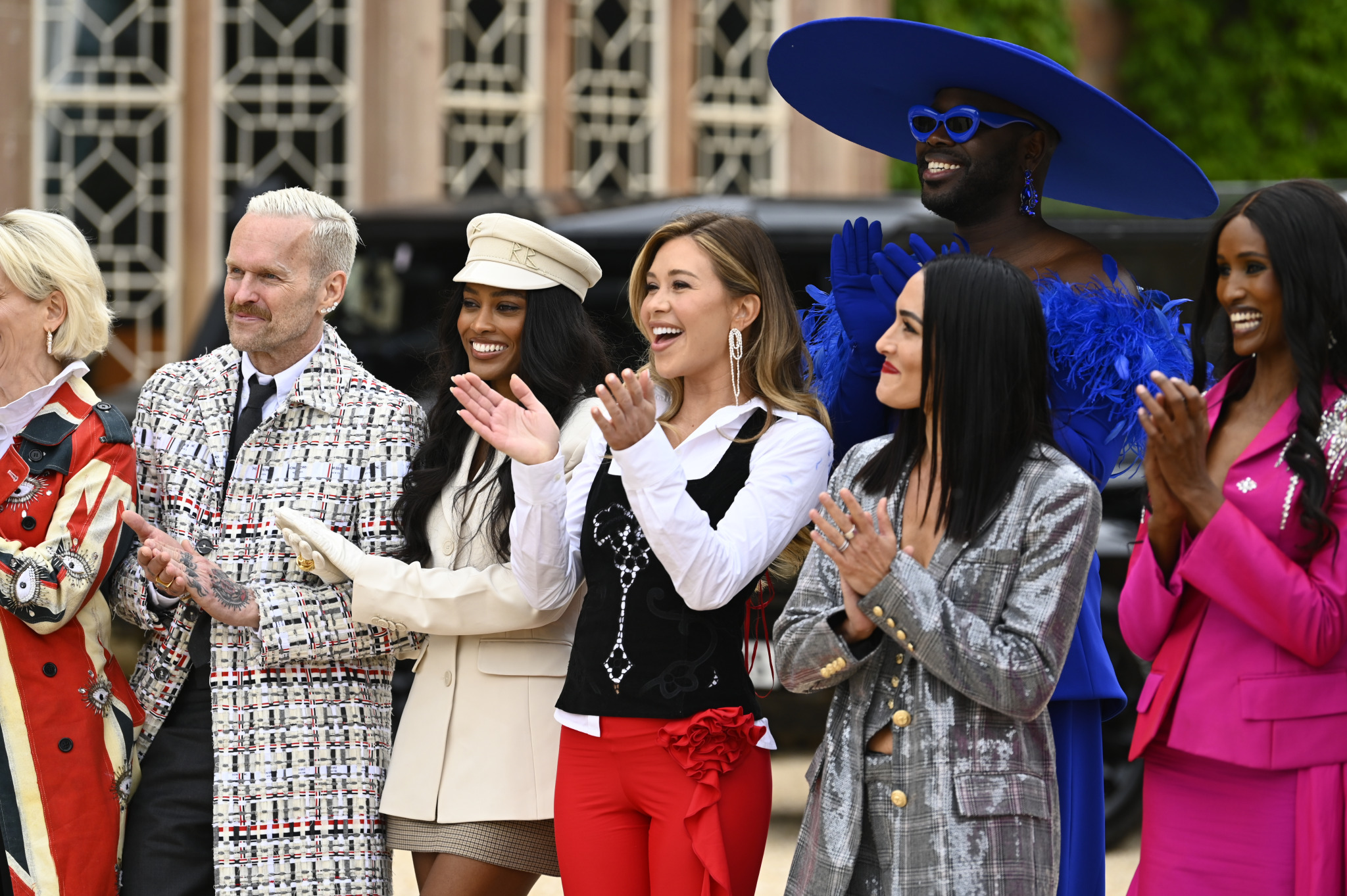

 Why you can trust Xtra
Why you can trust Xtra